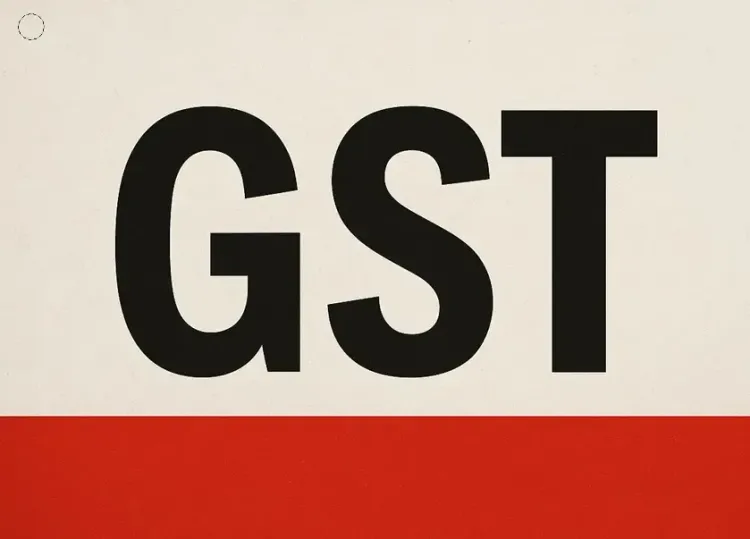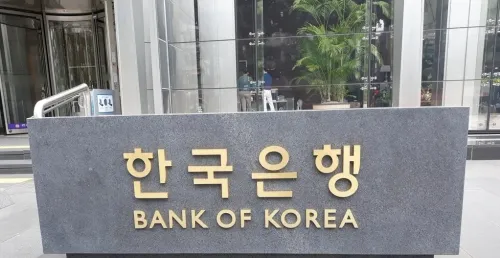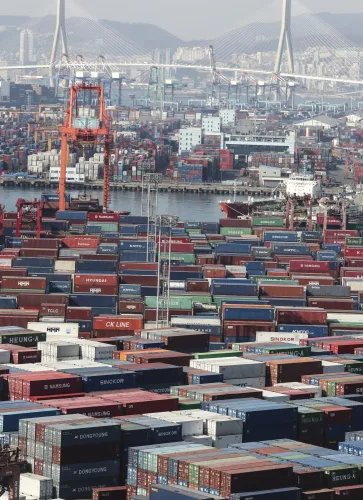Does AiMeD Endorse the Government's GST Rate Reduction and MRP Relief for Medical Devices?

Synopsis
Key Takeaways
- GST rate cuts will take effect on September 22.
- Manufacturers can use existing stock without mandatory re-labeling.
- Stickering on medical devices is permitted for three months.
- Failure to comply with NPPA notifications may lead to legal consequences.
- Existing packaging materials can be utilized until the end of the year.
New Delhi, Sep 13 (NationPress) The Association of Indian Medical Device Industry (AiMeD) expressed its approval for the timely directives issued by the Department of Pharmaceuticals (DoP), National Pharmaceutical Pricing Authority (NPPA), and the Central Drugs Standard Control Organisation (CDSCO) aimed at facilitating the smooth execution of the revised GST rates on drugs, formulations, and medical devices, which will take effect from September 22.
The Office Memorandum released by DoP-NPPA clarified on Friday that while manufacturers and marketers are obligated to adjust Maximum Retail Prices (MRPs) to mirror the reduced GST, recalling or re-labeling existing stock already in circulation will not be compulsory, as long as price compliance is maintained at the retailer level.
Moreover, CDSCO has permitted the use of stickering on medical devices (Class C and D) for a period of three months to display updated MRPs, thus alleviating operational hurdles for importers and manufacturers.
“This is a well-timed and sensible initiative by the government that addresses a significant operational issue faced by retailers, manufacturers, importers, and distributors whenever GST rates undergo modifications,” remarked Rajiv Nath, Forum Coordinator of AiMeD.
“The provision guarantees compliance, enhances consumer transparency, and mitigates waste of packaging materials while also shielding the industry from unnecessary stock losses. We commend the government for finding an appropriate balance between consumer protection and facilitating business operations for the industry,” Nath further commented.
While the NPPA's communication does not mention penalties for non-compliance, it retains the authority to oversee drug and medical device pricing and can implement corrective measures.
Failure to comply with NPPA's pricing notifications may lead to legal action under the Essential Commodities Act, 1955, which could result in imprisonment and financial penalties.
“The allowance to utilize existing packaging materials by DoCA until December 31 is a cost-effective and highly appreciated measure that will aid MSMEs and decrease unnecessary waste. We urge all industry participants, along with our channel partners and stakeholders, to rigorously adhere to the guidelines and issue timely public notifications to foster transparency and consumer trust,” Nath added.
He noted, “We are awaiting clarification regarding applicability for Class A and B medical devices and on pre-printed flexible packaging stocks with prior MRP for small packs of disposable medical devices like needles, where online over-printing may pose challenges.”
The decision regarding GST reforms related to refunds on GST paid on services and capital expenditure, similar to practices in various countries globally, is still pending.
Nath stated that this “price reduction is essential for global competitiveness, as the objective of GST was to tax value addition at each stage of the supply chain and not to impose financial strain on manufacturers or traders.”










